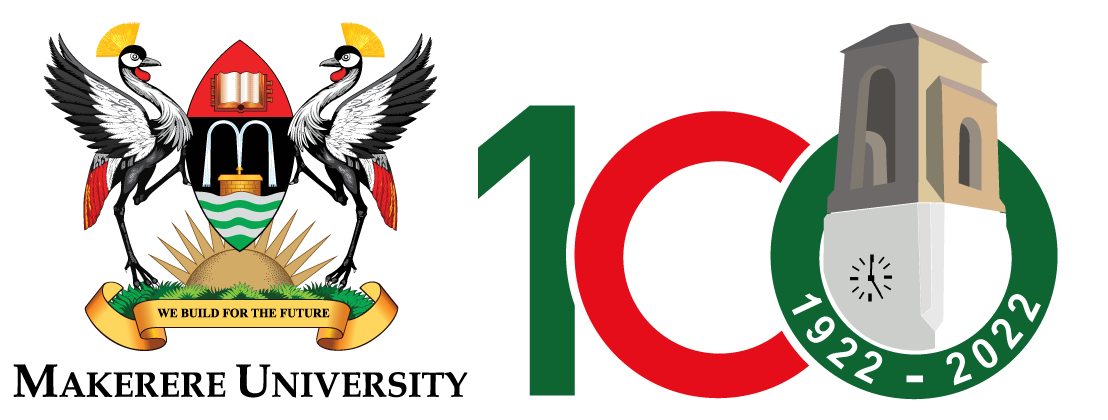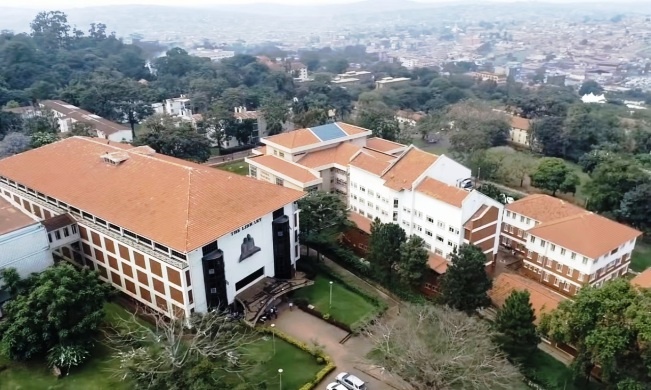The Dean Makerere University School of Economics, College of Business and Management Sciences (CoBAMS) invites you to Mr. Hennery Sebukeera’s PhD defence.
Title of Thesis: “Climate Change, Economic Growth and Household Vulnerability in Uganda”.
Date and Time: Tuesday 27th June 2023 at 9:00 AM to 12:00 PM EAT.
Supervisors
Prof. Bbaale Edward
Dr. Ibrahim Mukisa
Abstract
Uganda’s macro-economic modelling frameworks don’t account for effects of climate change. Yet, evidence shows that, Uganda is experiencing extreme levels of climate variability. Globally, Uganda ranks low-48th in terms of preparedness and high-14th in terms of vulnerability to climate change. Attempts to understand effects of climate change in Uganda have been piecemeal. Majority have taken a case study approach of selected agricultural commodities, regions or agricultural sector.
While economic-growth is expected to be poverty reducing, Uganda has experienced reversals in poverty status even during periods of impressive economic-growth. For example, poverty increased from 19.7% in 2012/13 to 21.4% in 2017/18 against an expected fall to 14.2% compared to economic-growth of 6.5 percent in 2018 and 6.2 percent in 2017. The alternating reversal in poverty statistics means, majority of households are vulnerable to poverty in Uganda and the country has not leveraged benefits of economic-growth to reduce poverty. Therefore, the study estimates the long run and short run direct and indirect effect of
climate change on economic-growth in Uganda. This is through the endogenous economic-growth framework, using the Vector Error Correction model and the Johansen cointegration econometric analysis techniques.
The study also estimates the impact of climate variability on household vulnerability to poverty. The study concludes that, climate change directly affects economic-growth in the long-run. Specifically, when temperature increases by 10C, economic-growth reduces by 2.5 percentage points. With regard to the indirect-sectoral passthrough effect, climate change- affects growth through both the agriculture sector and service sectors. Also, climate variability significantly influences the probability of households being vulnerable to poverty in Uganda. The study recommends that Uganda should consider accounting for climate change effects in macroeconomic-growth accounting frameworks, integrate climate change in planning, budgeting and reporting at national and programme levels and implement measures that strengthen household resilience to climate related shocks.

